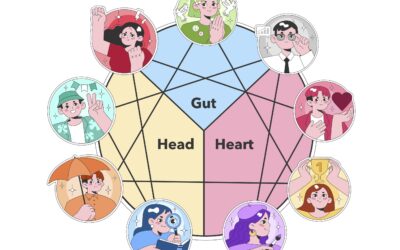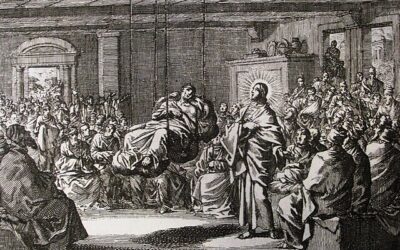—by Judith Roberts
The day we purchased our house, we loaded boxes, furniture, toys and clothes onto my uncle’s truck. I was so excited.
Our caravan of cars and trucks drove five miles north of the city of Hartford to our new home. Once we arrived, I played outside and watched the white families in the neighborhood pass by. No one spoke. No one stopped to lend a hand. No one waved. Though I was only 5, I knew we were unwelcome.
Next door to us, Linda and Frank lived with their family. A few days after we moved in, a big “For Sale” sign went up on their front lawn. My parents, unfazed by this overt act of racism, didn’t treat them any differently. My dad, a jack-of-all-trades, gave Frank a helping hand from time to time. My mom connected with Linda about raising kids.
But it didn’t take long for their house to sell. The new neighbors, a retired Jewish couple, found Frank and Linda’s charming house to be a perfect fit. They were delighted to have a young family that just happened to be black living next door.
One night before he moved away, Frank appeared at my parents’ back door. My mom invited him to sit down at our kitchen table. Peering into the room, I could see that he was crying.
Years passed before my mom spoke of Frank sitting at our table that night. Through his tears, he apologized about rushing to put his home on the market—because we were black…
…It reminds me a little of how Jesus meets Zacchaeus, a man despised by his own people for collecting unfair taxes for the Roman empire. As one short in stature, Zacchaeus literally goes out on a limb—of a sycamore tree—to see Jesus. Jesus sees, calls and invites Zacchaeus to a meal. Those in the crowd sneer at the invitation, saying that Jesus “has gone to be the guest of one who is a sinner.” But by the end of the meal, Zacchaeus has a change of heart. He repents, saying: “Look, half of my possessions, Lord, I will give to the poor; and if I have defrauded anyone of anything, I will pay back four times as much” (Luke 19:1-10).
You see, my neighbor, Frank, like Zacchaeus, served as an actor who kept inequality in place. Frank’s racial prejudice toward my family caused him to not only participate in discrimination; it caused him to miss out on a new friendship. Discriminatory practices and unfair treatment (whether based on class, race, ethnicity, gender, age, sexual orientation, etc.) are maintained by individual acts of complicity and collusion, through attitudes, beliefs and actions. Zacchaeus worked for the Roman empire that occupied Palestine and economically harmed his own people. I imagine that Zacchaeus must have suffered from internalized oppression, a mindset where we have negative thoughts and beliefs about our own identity and our own people.
When we look to Jesus, we see that Jesus aligned himself with the most marginalized in society—while also sitting and supping with the most despised, like Zacchaeus...
Judith Roberts serves as ELCA program director for racial justice ministries.
This article is excerpted from the October 2018 issue of Gather magazine. To read the full story or more like it, subscribe to Gather.
More like this:
A priceless gift
In 1993, my husband and I moved from Southern California where I’d grown up to Berkeley, where I would begin graduate school. I was excited to be on this new adventure with the man who had been my high school sweetheart. We were off on our own, and anything was...
In the image of God
If you were to attend Sunday service at Holly Grove Lutheran Church in Lexington, North Carolina, you might notice that Pastor Anna E. Carter rarely leads worship alone. As she sets the table, serves communion, and processes down the aisle, there is a little boy at...
Faith in economics
What is the rule of your household? How do you manage your home? How do you make sure that everyone gets what they need and sometimes what they want? Who feeds the dog or cleans up after the cat? Who does the grocery shopping, and who pays for the groceries? How are...






A few years after the move I became the pastor of the church almost next to Ms. Roberts family home and lived just down the street. It was good to have them as members, though, I must admit, the only non-white members of the congregation. Great story of the neighborhood. Best regards to Judith and her family! I remember them well.
What a beautiful story with more than a hint of sorrow. We have been working to learn more about social/racial justice in our congregation. It is a slow process but we keep working at getting more people involved. I am going to share this article with the group. Thank you
I was raised during the time of the “great white flight” and being white but raised by kind caring parents. I was taught that racial inequality was wrong that we were all children of God. They lost a lot of white friends during that time but remained in the same neighborhood for many years until unable to live in a big house having made countless friends of people of color and other diverse lifestyles. I was blessed to have such kind parents.